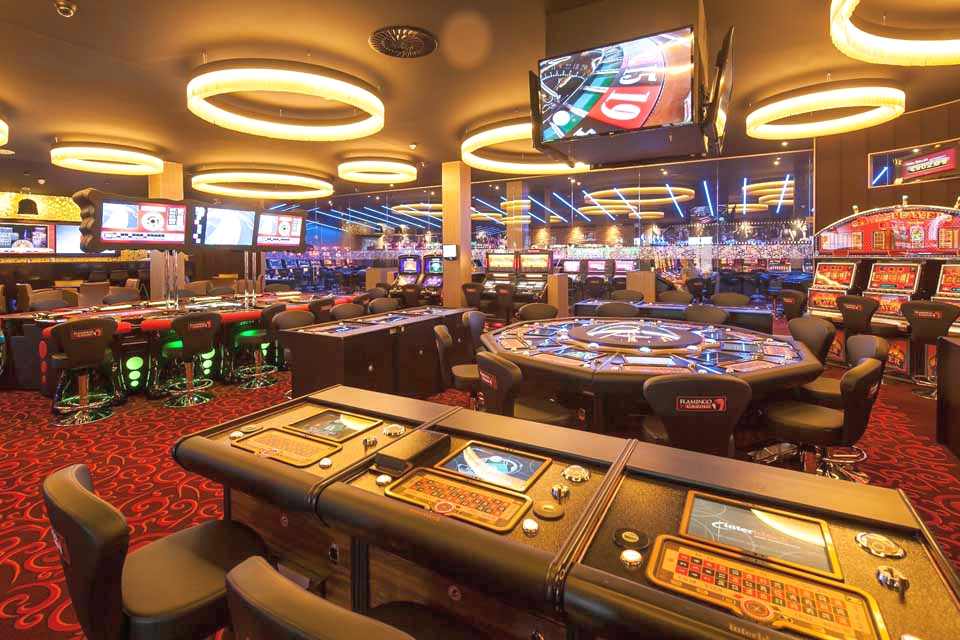
The government’s so-called casino bill is under attack from the Council of State which gives advice to state entities. The primary concern is that the proposed entertainment legislation appears to be backtracking on the original promise to establish centers to promote tourism in general rather than gambling in particular. If broadly defined, complexes would need to be built from scratch rather than accommodated in existing structures.
When first proposed two years ago, the idea was to develop integrated attractions similar to Singapore’s Marina Bay Sands, amongst others in Asia, which offer top tier hotels and restaurants, shopping malls, family leisure, sports and conference facilities as well as casinos. The Council says it is concerned that the concept of comprehensive entertainment complexes is not definitive in current government proposals.
There are also concerns that the bill does not address the problem of illegal gambling which is likely to remain a significant problem even if legal casinos ever appear in Thailand. The Council points out that if Thai nationals were charged an entry fee of 5,000 baht, or were required to show disposable cash before entry, they would simply continue to use non-legal venues which are known to exist all over the country. The minimum age for entry would likely be 20 years.
There are separate issues with online gambling, also currently illegal, which some government spokespeople believe should also be legalized in order to raise much needed revenue for the Treasury. But critics argue that legalizing online betting would encourage addiction and mental illness as well as weakening morality amongst youngsters. Current proposals forbid marketing or promotion of casino gambling, but some sources worry that the legislation would be too weak in this regard.
The finance ministry is promoting the bill as an economic driver, projecting increased tourism overall of up to 475 billion baht annually with around 12,000 new jobs created and the Treasury benefitting by 12-39 billion baht a year. Critics say that the downsides, such as corruption in awarding contracts and the blossoming of social evils, are not receiving the attention they deserve. Before proceeding further, the government needs to address ongoing concerns raised by the Council of State and critics of gambling reform in general. Thailand’s future casinos would be in direct competition with those in several other south east Asian countries. A muddled beginning here would be very bad for business.










